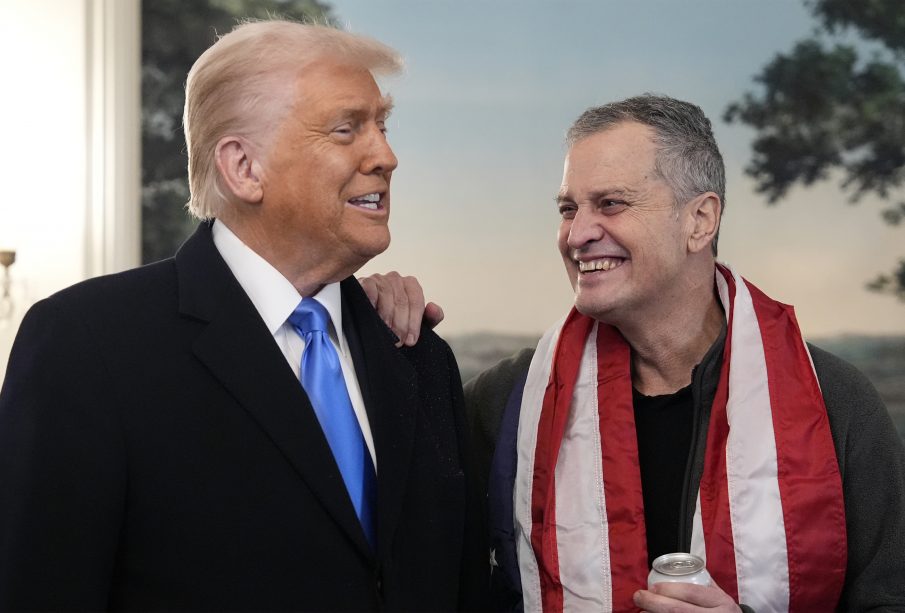Marc Fogel: An Update on His Imprisonment in Russia

Introduction
The case of Marc Fogel, an American teacher sentenced to 14 years in a Russian prison for drug smuggling, continues to draw attention amid rising tensions between the United States and Russia. Fogel’s plight raises significant questions regarding the treatment of foreign nationals in Russia, the implications of stringent drug laws, and the potential impact on US-Russia relations, especially given the heightened scrutiny of legal processes in the country.
Background on Marc Fogel
Marc Fogel, a 61-year-old educator, was detained in February 2021 at Moscow’s Sheremetyevo Airport after authorities allegedly found hashish oil in his luggage. Fogel, who had been teaching at the Anglo-American School in Moscow, claimed that the substance was for personal medical use. His case emerged amid a politically charged atmosphere, particularly following the detention of other Americans, including basketball star Brittney Griner, leading to increased media coverage and public concern.
Recent Developments
As of October 2023, there have been few updates regarding international efforts for Fogel’s release. His family and support groups have been vocal about the disparity in treatment of American citizens, with advocates arguing that Fogel is being used as a pawn in the geopolitical tensions between the two nations. Several US politicians have called for his immediate release, emphasizing that the length of his sentence is disproportionate and unjust, and highlighting the ongoing diplomatic challenges in negotiating prisoner exchanges.
Impact on US-Russia Relations
The case of Marc Fogel not only reflects the challenges faced by individuals caught in legal systems abroad but also signifies the broader implications for US-Russia relations. The increased prioritization of such cases might influence diplomatic dialogues, especially in light of ongoing issues such as the conflict in Ukraine and existing sanctions. Legal experts warn that cases like Fogel’s could become leverage points in political negotiations.
Conclusion
Marc Fogel’s situation serves as a stark reminder of the complexities surrounding international law and the treatment of foreign detainees. As advocates continue to press for his release, the significance of his case may resonate beyond his personal circumstances, prompting discussions on drug policies, human rights, and the responsibilities of nations towards their citizens abroad. The hope remains that Fogel’s case will attract sufficient attention to drive change and perhaps foster a more collaborative approach between the US and Russia in addressing such sensitive issues.









